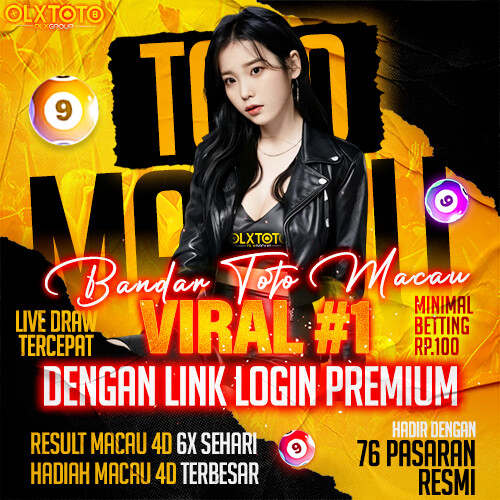OLXTOTO | Main Di Bandar Toto Macau Viral #1 Dengan Link Login Premium
-
Smart Speakers
-
With Screens
-
Alexa on the go
-
Kindle E-Readers
-
Video Doorbells
-
Security Cameras
-
Accessories
-
Wi-Fi 5
-
Wi-Fi 6
-
Wi-Fi 7
Customer reviews
5 out of 5
stars
5
out
of 5
168.777
ratings
Images in
this
review
-
Top reviews
Top reviews
There was a problem filtering reviews right now. Please try again later.
Reviewed
on 5 Januari 2025
Report
Main di OLXTOTO emang top! Link login premium-nya cepet banget, gak ada delay, dan pasaran Toto Macau-nya lengkap. Paling nyaman buat main!
Bandar Toto Macau
Reviewed
on 7 Febuari 2025
Udah lama cari bandar toto macau yang aman dan terpercaya, OLXTOTO jawabannya. Aksesnya lancar, hasil keluarannya real-time, dan pasti hoki!
Reviewed
on 11 Mei 2025
Sebagai pemain reguler, saya bisa bilang OLXTOTO itu beda. Link login premium-nya nggak pernah bermasalah, dan pastinya peluang menangnya gede banget!





 LOGIN
LOGIN
 DAFTAR
DAFTAR
 LIVECHAT
LIVECHAT